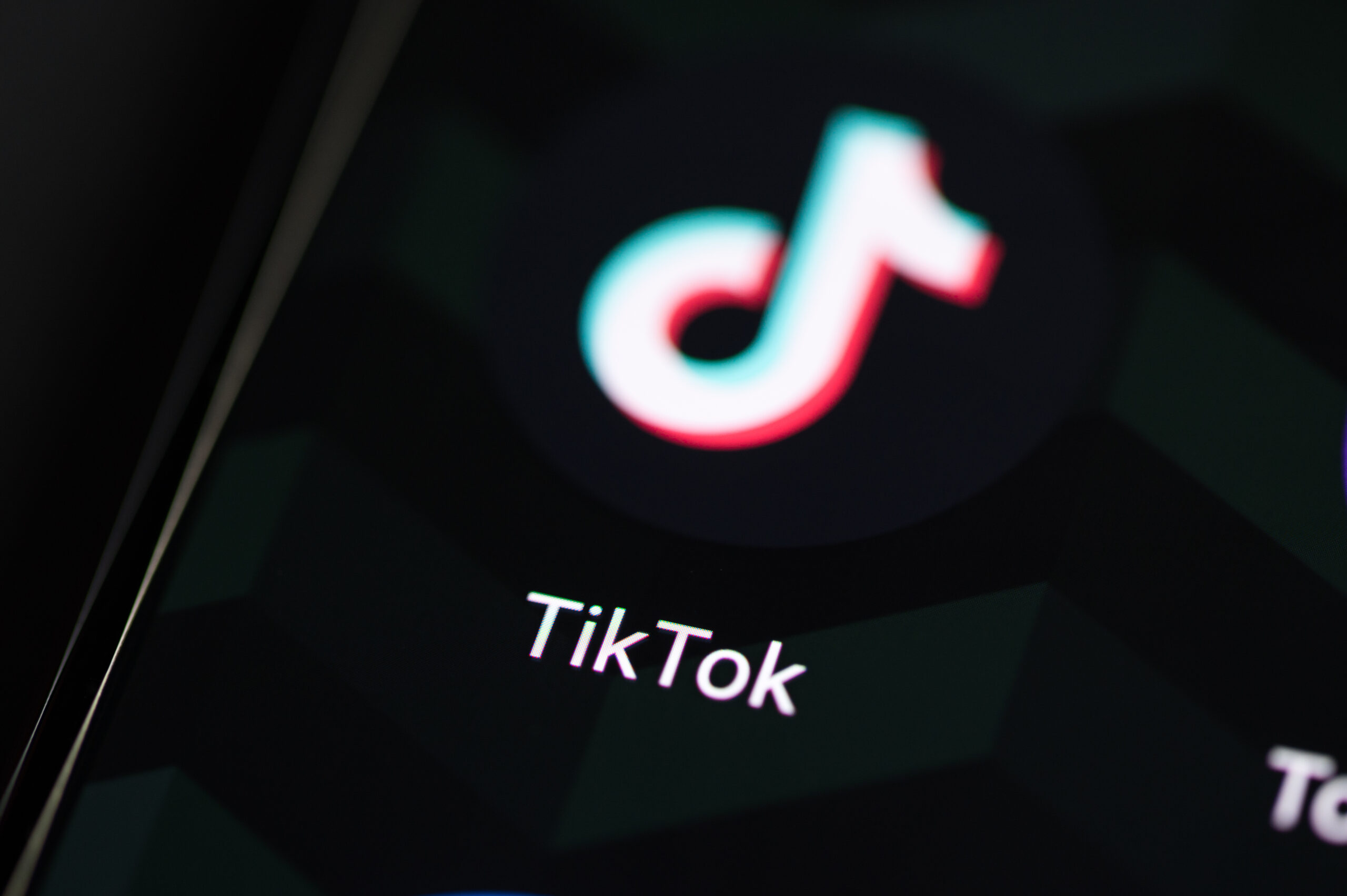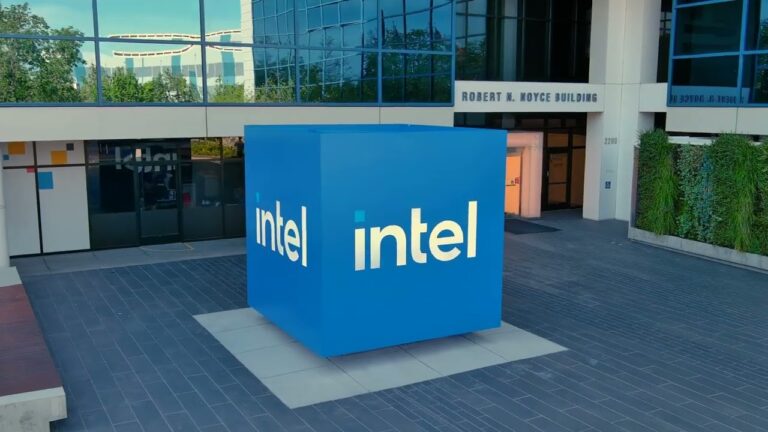The Battle Over TikTok: A Clash of Security and Sovereignty between Biden and Shou Zi Chew.
Hugely popular video app TikTok and its parent company founder, ByteDance, rushed to assuage national security concerns from the Trump administration. Then, independent federal officials were granted powers over the U.S. operation: picking the board of directors and vetoing new hires while employing a U.S. company to monitor its source code. Even more notably, TikTok offered to let the government have a kill switch if it felt the app was threatening.
But even with this grand offer, the Biden administration stepped up the hawkishness. On Wednesday, President Biden signed legislation that would virtually force TikTok to sell or face being banned nationwide. The move throws the administration of the U.S. president into a contentious legal battle. It raises questions about the national security risks the government allegedly faces from foreign-owned technology platforms.
TikTok: Project Texas
The proposal, under the code name Project Texas, had been conceived to address all worries of any U.S. security worries and, in the process, had a detailed draft national security agreement of over pages of how the U.S. operations of TikTok would be ring-fenced from the China parent. The global executive from ByteDance would have minimal control or influence in the U.S. subsidiary. The U.S. subsidiary would have an American board of directors nominated by federal authorities to oversee its operation.
Also, U.S. data would be stored on Oracle servers. Oracle is a Texas-based technology behemoth entrusted by the U.S. military for cloud computing. For further security, TikTok also promised to have the U.S. government determine overtime hiring standards for all its recruits, who would be U.S. citizens or those under green cards and background checks. The idea was to have the most pampered and regulated environment that would offset by a mile any dangers that might be posed by Chinese ownership.
Government’s Reluctance and Legal Disputes
The government’s unwillingness and the legal system still prevented the Biden administration from making the offer. It believes the government still needs to release exactly what was problematic about Project Texas, saying only that the plan couldn’t deal with possible future data collection or propaganda by the Chinese government. That led to the forced-sale legislation, which TikTok and Bytedance have called unconstitutional.

But legal experts believe that at the core of the argument now lies a very plain, repetitive fact: that the government’s action was either after adequate consideration of what TikTok was proposing or necessarily boiled down to how the company would forestall such drastic action—namely, a forced sale.
Now, the administration is fighting in court over how Project Texas didn’t go far enough to quell national security concerns. For its part, TikTok said the statute would infringe on the First Amendment by silencing the platform millions of Americans use to access information and express themselves.
The National Security Debate Regarding TikTok
This is part of a much larger fight with TikTok and other foreign-owned technology platforms involved: What role do they play in U.S. security and sovereignty? According to critics, most such measures would effectively decrease the risks without a forced sale. This group posits that the administration has shown through its actions that there is no trust in safeguards for regulatory and cyber security, thus the Chinese government’s fixation on the app’s ownership.
Anupam Chander, a law professor at Georgetown University, said the promises made by TikTok to shield itself from U.S. government scrutiny are “really quite exceptional.” He said the government’s response to them is symptomatic of a broader problem: a lack of confidence that it is up to regulating technology platforms in which significant foreign ownership is at play. Chander said the general tenor of the government’s response had more to do with ownership than any possible security cures.
Implementation Challenges and Political Maneuvering
Implementation challenges and political maneuvering But ByteDance is on a concise timeline to divest TikTok’s US-based operations before the government’s making the app’s distribution, maintenance, and updating activities illegal inside the USA makes that a fait accompli. It is All moot at this point, as it seems likely that Apple, Google, and other private companies would be legally mandated to remove TikTok from their app stores, and Oracle would not host its data.
“Yet, as time goes on, there is as much skepticism over whether TikTok poses a national security threat. Off the record, even tech industry professionals and reporters say the government seems too alarmist. What further muddies the waters is that there’s no public evidence to back up such claims—that the Chinese government pressures TikTok, that the company does censor political speech.” So far, calls have gone unheeded for declassifying information about TikTok.
Legal Battles and Uncertainties The U.S. Court of Appeals for the D.C. Circuit is to hear a case exceptionally quickly. In the legal challenge, the government and plaintiffs’ attorneys have called soon for a final ruling. They want to be able to go before the entire Supreme Court—as early as possible—before the impending sprawling up of the deadline for the forced sales.
A decision in this case would set a pattern for the U.S. regarding how to proceed with other foreign-owned technology companies. Therefore, the TikTok legal drama will continue to unfold, showcasing how challenging it can be to balance national security interests against global technology.
That implies many issues, but it is now within the wheels of the Biden administration, which rebuffed a comprehensive security proposal from TikTok and repeatedly demanded a forced sale to a U.S. buyer. The next few months will be critical for setting the tone between the future of TikTok in the United States and how it plays into other areas of tech policy and national security.




+ There are no comments
Add yours